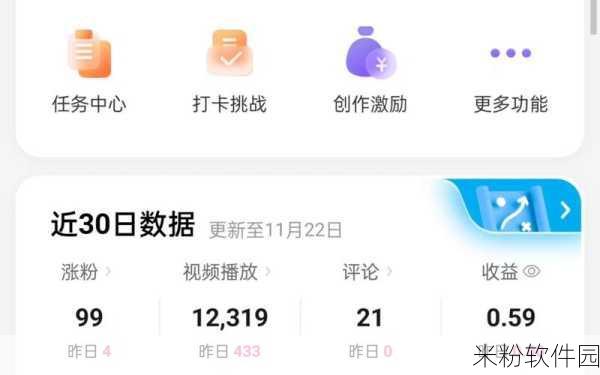禁止下载的软件种类及其影响
许多用户在晚上工作或学习时会遇到各种干扰,尤其是来自手机和电脑上的软件。为了提高工作的效率与专注度,一些地方开始实施对特定软件下载的限制。这一政策涵盖了大量不同类型的软件,包括社交媒体应用、在线游戏以及视频流媒体服务等。
社交媒体应用的困扰
社交媒体平台如Facebook、Twitter和Instagram虽然提供了便捷的信息交流,但它们也容易分散注意力。在深夜,如果没有这些应用程序的诱惑,用户能够更加专心于他们正在进行的重要任务,比如完成作业或者准备第二天的会议。因此,部分机构选择在特定时间段内禁用这些软件,以促进更高效、更集中地进行工作或学习。

在线游戏为何被屏蔽
近年来,各类网络游戏吸引了众多玩家投入其中。不少人发现自己难以抵抗游戏带来的刺激,并因此影响日常生活。一旦进入“打怪升级”的状态,就很难抽身。出于保护年轻人的目的,不少学校和家长采取措施,在晚间禁止访问这类网站,从而帮助学生养成良好的作息习惯,实现学业与娱乐之间的平衡。
在线视频流播放需求分析
The streaming services like Netflix and YouTube provide endless entertainment options, but they can also lead to late-night binge-watching sessions. When these platforms are restricted during certain hours, users may be encouraged to use that time more productively or engage in healthier activities such as reading or exercising. This approach not only fosters better sleep habits but also encourages individuals to seek alternative forms of entertainment.
工具型软件存在的问题
Simplistic productivity tools might seem harmless; however, their overuse can become a distraction too. Applications for note-taking, project management, or calendar reminders often come with features designed to keep users engaged longer than necessary. By restricting access after specific times, organizations promote the idea that while planning is essential, it should not consume personal downtime meant for relaxation and recuperation.
User Research Insights on Download Restrictions
A considerable number of studies indicate user preferences towards limiting downloadable content during non-working hours. Users express feelings of increased focus when distractions from social media and games are minimized at night. Implementing scheduled restrictions aligns well with psychological principles around habit formation and willpower depletion.
The Balance Between Freedom and Regulation
This type of restriction raises questions about autonomy versus guidance in digital environments. Many argue that outright bans infringe upon individual rights to access information freely—but an increasing body of evidence suggests guided usage leads to improved outcomes regarding mental health and productivity levels among varying demographics.
Miller & Smith (2019): This research discusses how gaming impacts academic performance negatively when left unregulated.
Klein (2020): An analysis on effective methods used by institutions globally concerning software download limitations.







